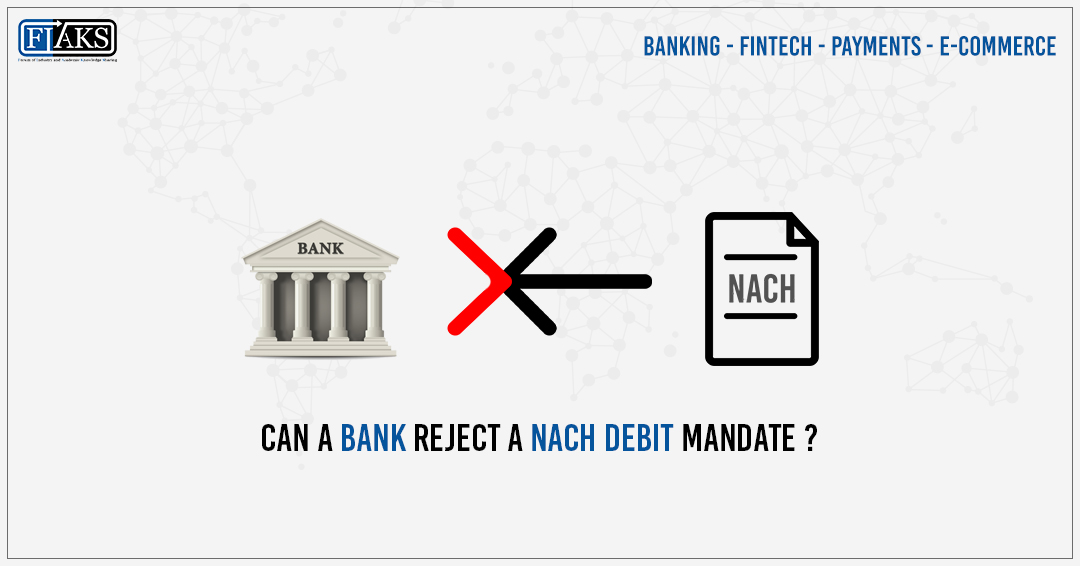Several Founders, Co-Founders, CXO Bankers, CXO Fintech professional & people who participated in the e-panel discussions:
- Mr. Dilip Asbe, Managing Director & CEO, National Payments Corporation Of India (NPCI)
- Mr. Sony A, Head – Digital, South Indian Bank
- Mr. Narayan Rao, Chief Services Officer, Suryoday Small Finance Bank
- Mr. Vaibhav Sangvi, Chief Technology Officer, Clix Capital
- Mr. Anupam Mishra, Head – Digital Banking, Cards, & Payments, Jana Small Finance Bank
- Mr. Rakesh Watal, Senior Vice President, HDFC Bank
- Mr. Neeraj Chandra Head of Operations, Abu Dhabi Commercial Bank
- Mr. Sharad Goklani, Senior Vice President- Technology, Equitas Small Finance Bank
- Mr. P B Prakash, Head Financial Institutions Group, IndusInd Bank
- Mr. Lohith Kumar M R, Product Lead – Financial Services & Innovations, Etihad Aviation Group – JetPrivilege
- Mr. Amarto Chakrabarty, Manager – Global Consulting Group, Wipro Limited
- Mr. Ravi Virwani, Vice President – Rural Home Loans, Fullerton India Home Finance Company Ltd
- Mr. Saurabh Soni, Business Head, Happy – Financial Services
- Mr. Ravi Kadam, Chief Technology Officer & Co-founder, Benow
- Mr. Shashank Chowdhury, Managing Director – India, Infinite Zero
- Mr. C K Vardharajan, Vice President, Equitas Small Finance Bank Limited
- Many other CEO/CXO Bankers & Fintech professionals on FIAKS Forum
The FIAKS community was fired up while discussing on what criterion can the banks reject NACH (National Automated Clearing House) debit. Following were the questions raised and then the discussion followed.
Question 1: Can a bank reject a NACH debit mandate, physical or eMandate, (NPCI based) except for signature miss match?
Question 2: And if there is a lot of money movement from a few bank accounts (and hence not maintaining money beyond a min balance) due to auto NACH debits, how can the bank handle this situation?
Discussion started with a member of the community explaining what is NACH. He produced below excerpt from the NPCI website explaining about NACH –National Payments Corporation of India (NPCI) has implemented “National Automated Clearing House (NACH)” for Banks, Financial Institutions, Corporates, and Government a web-based solution to facilitate interbank, high volume, electronic transactions which are repetitive and periodic in nature. NACH System can be used for making bulk transactions towards the distribution of subsidies, dividends, interest, salary, pension etc. and also for bulk transactions towards the collection of payments pertaining to telephone, electricity, water, loans, investments in mutual funds, insurance premium etc.
National Automated Clearing House (NACH) is a centralized system, launched with an aim to consolidate multiple ECS systems running across the country and provides a framework for the harmonization of standard & practices and removes local barriers/inhibitors. NACH system will provide a national footprint and is expected to cover the entire core banking enabled bank branches spread across the geography of the country irrespective of the location of the bank branch.
An expert in the FIAKS community started off the discussion by explaining that banks reject due to the Name and Account number mismatch and also because of the signature mismatch. The signature mismatch is also used as a proxy to avoid penalties applicable for delay in processing the NACH mandates in stipulated timelines by the Destination Banks. Banks also reject for accounts that don’t maintain minimum required balances. Another member puts forth several other reasons for rejection –
- It can be rejected if the mode of operation does not comply.
- It can also be rejected if there is an effective Garnishee Order.
- It can be rejected if the beneficiary is not authorized to legally collect such payments
Another member feels that as far as high frequency and the volume of movement in the account are concerned, the best thing is to have an internal policy of the bank to create an exception configuration. Depending on the age of the account and its conduct, classify accounts for the alert generation beyond a threshold of number and amount. A member says that when it comes to NBFCs, he has seen very few cases where it is rejected with the reason being ‘customer not maintaining minimum balance’.
An experienced member agrees that the bank has complete authority to accept or reject the mandate with a defined period. It has its own policies to either reject or accept with proper response codes. Also, as the mandate has to be authorized by the bank with respect to balance, the threshold is always managed and maintained by the issuing bank to reject such situations.
An expert said that in a few cases, if it is a Jandhan account, even then the bank can reject payments made to the account beyond 50 thousand.Circular No. 240-Reject Reason Codes For E-mandate Variants
When it comes to the signature issue, a member points out that we have seen the processing fee cheque given by customer that is cleared by the bank but with the same signatures, NACH is declined, stating ‘Signature mismatch’.
Another member agrees, saying that yes, that is the detailed list. What has changed in NACH as compared to its predecessor ECS is the ability to uniquely tag every single name on the country. ECS did not have this capability which meant branch or processing centers had no clue to identify the exact maintainer in an account for every single record that gets processed a day. There were significant rejections during those times but things are a lot better now.
Register and Read the entire discussions

